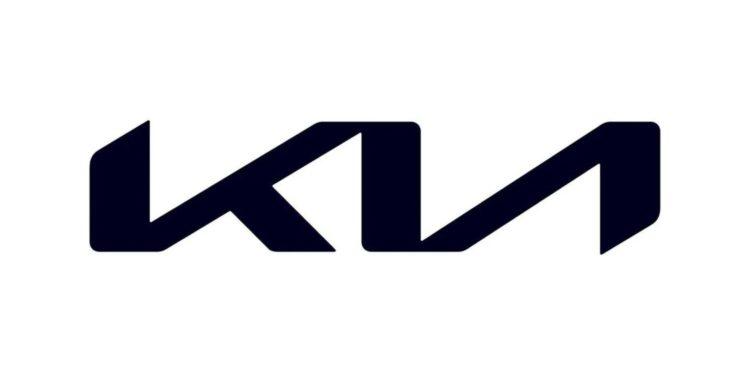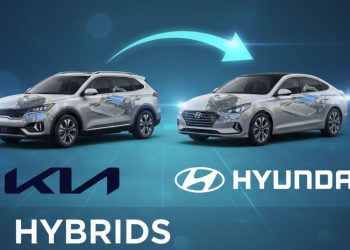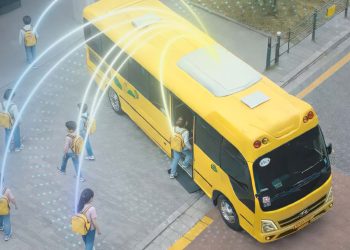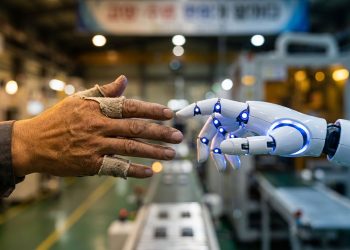In partnership with Boston Dynamics, a US-based robotics firm acquired by Kia’s parent company Hyundai Motor Group in 2021, Kia is set to introduce a new robot in 2024, as revealed in the latest sustainability report published by the South Korean automaker on Tuesday.
The exact details of the upcoming robot remain undisclosed in the report. Leveraging its established manufacturing and production capabilities in the automotive sector, the company aims to venture into diverse areas such as robotics logistics and unmanned delivery services. Kia seeks to integrate innovative robotics technology into its operations by capitalizing on its expertise.
According to a Hyundai Motor Group official, the plan to unveil a new robot in 2024 is part of the company’s broader robotics research and development initiatives. While Hyundai Motor Group is actively involved in developing various types of robots, no specific details have been confirmed regarding next year’s release.
The move to introduce a new robot aligns with the increasing demand for robotics applications in various sectors, with examples like Boston Dynamics’ Spot, a four-legged industrial safety robot, and Stretch, a logistics robot tailored for warehouses, both of which have been successfully commercialized.
While specifics remain to be announced, the anticipation surrounding Hyundai’s new robot highlights the growing significance of robotics in shaping the future of various sectors.
Kia plans to invest approximately 28 trillion won ($21.9 billion) in the advanced air mobility areas through 2026. The company’s vision extends to exploring electric vertical takeoff and landing aircraft (eVTOL), aiming to commence mass production by 2028, following pilot flights with prototype aircraft to test feasibility next year.
Kia has unveiled its newly established slogan, “Sustainable Movement for an Inspiring Future.” The automaker sets ambitious goals, targeting zero carbon emissions by 2045. The report emphasizes Kia’s determination to implement 100 percent renewable energy usage across its manufacturing facilities in South Korea, China, India, Mexico, Slovakia, and the United States by 2040, a crucial step towards achieving its environmental objectives.
Kia is determined to accelerate its transition to an all-electric future, aiming to achieve an all-electric vehicle lineup of 15 cars by 2027. As part of its broader sustainability strategy, the company aims to increase the proportion of electric vehicle (EV) sales in key markets, including Korea, China, North America, and Europe, to 52 percent of the total by 2030. By focusing on EV expansion, Kia intends to significantly reduce carbon emissions and contribute to a greener automotive landscape.
The upcoming Kia EV9, a three-row large sport utility vehicle, is powered by eco-friendly electric batteries. The car has 23 percent lower carbon emissions compared to its counterparts powered by internal combustion engines in the same class.
Read more from KoreaTechToday:
- Hana Bank to introduce new fintech products with Hyundai and Kia
- Korean carmaker Kia’s Electric car EV6 makes its debut in the market
- Hyundai Elevator Collaborates with KT and LG Electronics to Boost Robot-Elevator Linkage Business
- EveR 6: South Korea’s First Robot Conductor Makes Debut with National Orchestra
- POSCO DX Partners with Exotec: A Strategic Move into Advanced Robotics for Fulfillment Automation







